Hire Offshore Virtual Reality Developers in the Philippines & Colombia
Virtual Reality technology has moved beyond experimental applications to become a core component of modern business strategy. Companies across industries are implementing VR solutions for training, product visualization, customer engagement, and operational efficiency. However, building these immersive experiences requires specialized development expertise that many organizations struggle to find and afford in their local markets.
At NeoWork, we connect you with skilled Virtual Reality developers from the Philippines and Colombia who bring both technical expertise and creative vision to your VR projects. Our offshore VR professionals work as dedicated team members, building immersive experiences that drive engagement, improve training outcomes, and create competitive advantages for your business.
When you partner with NeoWork to outsource Virtual Reality development, you gain:
• Up to 70% cost savings compared to hiring local VR development talent
• Dedicated developers who become integrated members of your technical team
• Expertise across multiple VR platforms, engines, and development frameworks
• Scalable team capacity that grows with your project requirements
• Flexible collaboration schedules that align with your development cycles
• Transparent pricing with predictable monthly rates
Unlike project-based contractors or agencies managing multiple clients simultaneously, our VR developers work exclusively with your organization, developing deep knowledge of your technical requirements, brand standards, and business objectives.
Why Hire Virtual Reality Developers with NeoWork?
1. Advanced VR Development Expertise
Modern VR development requires mastery of specialized tools and programming languages. When you outsource VR development through NeoWork, you access professionals skilled in:
Unity 3D and Unreal Engine for immersive environment creation
C# and C++ programming for performance optimization
3D modeling and animation using Blender, Maya, and 3ds Max
VR SDK integration for Oculus, HTC Vive, and other platforms
Cross-platform development for mobile and desktop VR applications
Spatial audio implementation for realistic soundscapes
Performance optimization techniques for smooth VR experiences
These technical capabilities allow our VR developers to create engaging experiences that meet platform requirements while delivering the performance standards your users expect.
Our development teams stay current with emerging VR technologies through continuous learning, keeping your projects at the forefront of industry capabilities.
2. Industry-Specific VR Solutions
VR applications vary significantly across industries, requiring developers who understand both technical requirements and business context. Our VR developers bring experience in:
Training simulations for high-risk environments and complex procedures
Product visualization for architecture, manufacturing, and retail
Virtual showrooms and interactive marketing experiences
Educational content for immersive learning applications
Healthcare simulations for medical training and patient treatment
Entertainment and gaming experiences with engaging narratives
This industry knowledge allows our developers to create VR solutions that address specific business challenges while meeting user expectations for quality and functionality.
3. Full-Cycle Development Support
VR projects require coordination across multiple development phases, from concept to deployment. Our VR developers provide:
Concept development and technical feasibility assessment
User experience design for VR-specific interaction patterns
3D asset creation and environment modeling
Application programming and testing across target platforms
Performance optimization for various hardware configurations
Deployment support and post-launch maintenance
This comprehensive approach ensures your VR projects move smoothly from initial concept to successful launch, with ongoing support for updates and improvements.
4. Quality Assurance and Testing
VR applications require rigorous testing to ensure user comfort and technical performance. Our developers implement:
Motion sickness prevention through careful design choices
Performance testing across different VR hardware configurations
User experience validation through iterative testing cycles
Cross-platform compatibility verification
Security testing for enterprise VR applications
These quality assurance practices ensure your VR experiences meet professional standards while providing positive user experiences.
5. Cost-Effective Scaling
VR development projects often require team scaling based on project phases and deadlines. Our staffing model provides:
Flexible team sizing that adapts to project requirements
Rapid onboarding of additional developers during peak periods
Specialized skills addition for specific project components
Long-term team retention for ongoing VR initiatives
Predictable costs that support accurate project budgeting
This scalability allows you to maintain development momentum while controlling costs throughout your VR project lifecycle.
Our Virtual Reality Development Services
VR Training and Simulation Development
Custom training modules for high-risk environments, complex procedures, and skill development programs that provide safe, repeatable learning experiences.
Product Visualization and Virtual Showrooms
Interactive VR experiences that allow customers to explore products, spaces, and concepts before making purchasing decisions.
Enterprise VR Applications
Business-focused VR solutions for collaboration, data visualization, remote assistance, and operational training that improve efficiency and reduce costs.
VR Gaming and Entertainment
Engaging VR games and entertainment experiences with immersive storytelling, interactive gameplay, and social features.
Educational VR Content
Learning-focused VR applications that make complex subjects accessible through immersive experiences and interactive exploration.
Why Staff Virtual Reality Developers from the Philippines and Colombia?
Both the Philippines and Colombia have developed strong technology sectors with growing expertise in VR development. These markets offer access to skilled developers who combine technical proficiency with creative problem-solving abilities, making them ideal partners for VR projects requiring both technical excellence and innovative thinking.
Philippines: Established VR Development Hub
The Philippines has built a reputation for technical excellence in software development, with a growing community of VR specialists. Filipino VR developers bring:
Strong English communication skills for seamless collaboration
Established experience with international development standards
Active participation in global VR development communities
Cultural alignment with Western business practices and user expectations
Proven track record in delivering complex technical projects
The Philippine education system produces graduates with strong foundations in computer science, mathematics, and creative arts – skills that translate directly to VR development success.
Colombia: Emerging VR Innovation Center
Colombia's technology sector has experienced rapid growth, with increasing specialization in immersive technologies. Colombian VR developers offer:
Creative approaches to user experience design and interaction
Strong technical skills in 3D modeling and animation
Growing expertise in enterprise VR applications
Favorable time zone alignment for real-time collaboration
Competitive development costs with high-quality output
Colombia's focus on digital transformation and innovation creates an environment where VR developers stay current with emerging technologies and best practices.
Get Professional VR Development Support from NeoWork
Transform your business operations with NeoWork's specialized VR developers from the Philippines and Colombia. Our development teams create immersive experiences that engage users, improve training outcomes, and provide competitive advantages across various industries.
Based on our experience providing technical staffing and development services to technology companies, we've developed a VR development approach that delivers measurable results:
Careful selection of developers with relevant VR experience and industry knowledge
Comprehensive onboarding to your technical requirements, brand standards, and project objectives
Regular code reviews and quality assurance processes to maintain development standards
Ongoing professional development in emerging VR technologies and best practices
Responsive project management that adapts to changing requirements and timelines
Our onboarding process typically requires 2-3 weeks, during which your VR developers learn your technical stack, design standards, and project requirements. This preparation period allows them to contribute meaningfully from their first active week of development work.
Stop letting VR opportunities pass while your internal team handles routine development tasks. With NeoWork's VR developers, you can create immersive experiences that differentiate your business and engage your users.
Learn more about our collaborative approach on our How We Work page, or contact us today to discuss your specific VR development needs and learn how our technical expertise can support your business objectives.
Frequently Asked Questions About VR Development Services
What types of VR projects can your developers handle?
Our VR developers have experience across multiple application types, including training simulations, product visualization, virtual showrooms, educational content, and enterprise collaboration tools. We work with businesses ranging from post-Series A technology companies to established organizations in traditional industries like logistics and travel. Our developers can handle projects from simple product demonstrations to complex multi-user training environments, scaling their approach based on your specific requirements and technical complexity.
How do you ensure VR applications perform well across different hardware platforms?
Our VR developers follow platform-specific optimization practices and conduct thorough testing across target hardware configurations. We implement performance monitoring throughout development, optimize 3D assets for efficient rendering, and test applications on various VR headsets and computing systems. This approach ensures your VR experiences deliver consistent performance whether users access them on high-end enterprise systems or consumer-grade hardware.
What is the typical timeline for VR development projects?
VR development timelines vary based on project complexity, feature requirements, and asset creation needs. Simple VR experiences may require 4-6 weeks, while complex training simulations or multi-user applications can take 3-6 months or longer. Our developers work with you to establish realistic timelines based on your specific requirements, and our flexible staffing model allows us to scale teams up or down to meet project deadlines.
How do you handle ongoing maintenance and updates for VR applications?
Our VR developers provide ongoing support for applications after launch, including bug fixes, performance optimizations, and feature updates. We can maintain dedicated team members for long-term projects or provide periodic maintenance services based on your needs. This ongoing support ensures your VR applications remain compatible with platform updates and continue meeting user expectations as technology evolves.
Can your VR developers integrate with existing business systems and workflows?
Yes, our VR developers have experience integrating VR applications with existing business systems, databases, and workflows. They can connect VR training modules to learning management systems, integrate product visualization tools with e-commerce platforms, and create VR applications that pull data from enterprise systems. This integration capability ensures your VR solutions work seamlessly within your existing technology infrastructure and business processes.



.avif)




